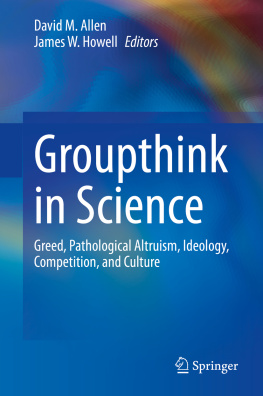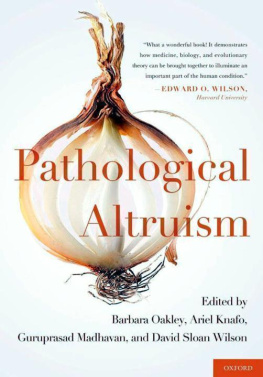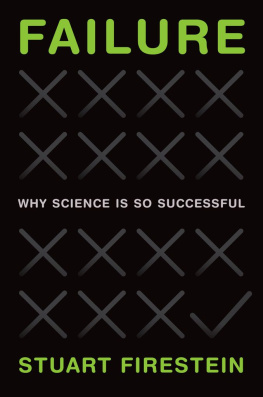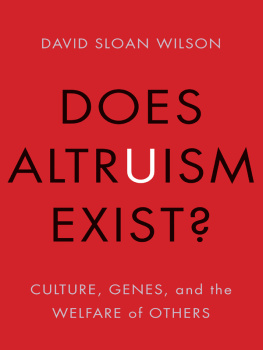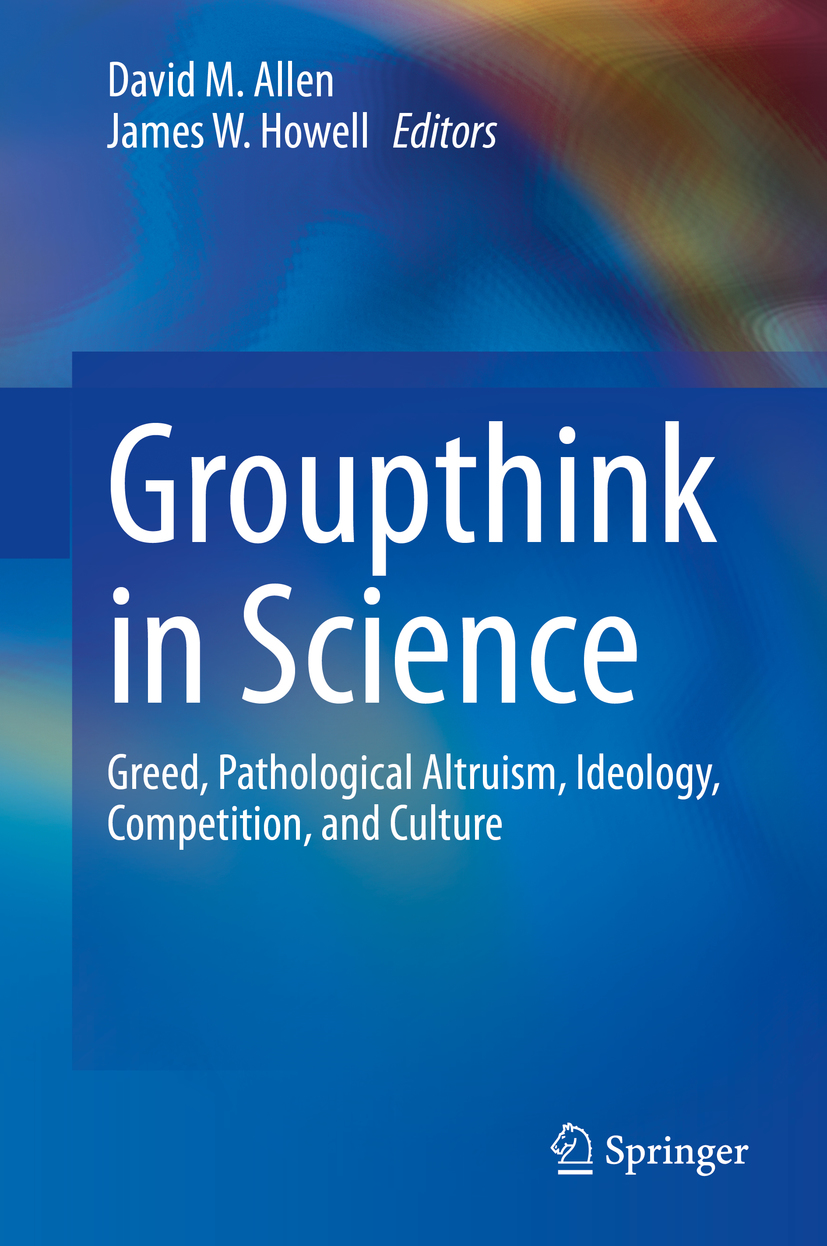Editors
David M. Allen
Department of Psychiatry, University of Tennessee Health Science Center, Memphis, TN, USA
James W. Howell
Department of Psychiatry, University of Tennessee Health Science Center, Memphis, TN, USA
ISBN 978-3-030-36821-0 e-ISBN 978-3-030-36822-7
https://doi.org/10.1007/978-3-030-36822-7
The Editor(s) (if applicable) and The Author(s) 2020
This work is subject to copyright. All rights are reserved by the Publisher, whether the whole or part of the material is concerned, specifically the rights of translation, reprinting, reuse of illustrations, recitation, broadcasting, reproduction on microfilms or in any other physical way, and transmission or information storage and retrieval, electronic adaptation, computer software, or by similar or dissimilar methodology now known or hereafter developed.
The use of general descriptive names, registered names, trademarks, service marks, etc. in this publication does not imply, even in the absence of a specific statement, that such names are exempt from the relevant protective laws and regulations and therefore free for general use.
The publisher, the authors, and the editors are safe to assume that the advice and information in this book are believed to be true and accurate at the date of publication. Neither the publisher nor the authors or the editors give a warranty, expressed or implied, with respect to the material contained herein or for any errors or omissions that may have been made. The publisher remains neutral with regard to jurisdictional claims in published maps and institutional affiliations.
This Springer imprint is published by the registered company Springer Nature Switzerland AG
The registered company address is: Gewerbestrasse 11, 6330 Cham, Switzerland
Groupthink in Science: An Introduction
One of the hottest topics in science today is concern over certain problematic practices within the scientific enterprise. Richard Horton (2015), editor of the respected medical journalThe Lancet, recently summarized some of the issues involved: studies with small sample sizes, tiny effects, invalid exploratory analyses, and flagrant conflicts of interest, together with an obsession for pursuing fashionable trends of dubious importance.Groupthink in Sciencewill elucidate in depth a widespread phenomenon that is often at the heart of thisproblematic aspects of the psychology and behavior of people in groups.
Now of course, the fact that this book acknowledges that science can be done in problematic ways is not in any way an indictment of science per se. When it works well, science is by far the best way to discover accurate information about how the universe works and to gain objective knowledge. We are huge proponents of the scientific method. However, we do not buy in to the proposition that scientists are beyond reproach. In fact, this book is meant toadvancethe cause of science, not to attack science.
Groupthinkis when a group of people, in an effort to demonstrate harmony and unity, fail to consider alternative perspectives and ultimately engage in deeply problematic decision-making. Haidt (2012) points out that if we focus on behavior in groups of people who know each other and share goals and values, our ability to work together, divide labor, help each other, and function as a team is so all-pervasive that we dont even notice it (p.198). He adds that Words are inadequate to describe the emotion aroused by prolonged movement in unison that drilling involved (p.221). It doesnt mean that we are mindless or unconditional team players; it means [we] are selective (p.223). However, groupthink may lead to a great deal of bias when the psychological drive for consensus is so strong that any divergence from that consensus is ignored or rejected.
In scientific research, groupthink may lead researchers to reject innovative or controversial ideas, hypotheses, or methodologies that challenge the status quo.Philosophers, historians, and sociologists have observed that scientists often resist new ideas, despite their reputation for open-mindedness (Barber, 1961; Kuhn, 1962). The great quantum physicist Max Planck has been quoted as saying: A new scientific truth does not triumph by convincing its opponents and making them see the light, but rather because its opponents eventually die, and a new generation grows up that is familiar with it (Planck, 1962:3334).
In his seminal work on the history of science,The Structure of Scientific Revolutions, Kuhn described the role of conformity and close-mindedness in scientific advancement. According to Kuhn (1962), science progresses through different stages. In the first stage, known as normal science, scientists conduct their research within a paradigm that defines the field. A paradigm is a way of doing science that includes basic assumptions, beliefs, principles, theories, methods, and epistemic values that establish how one solves problems within the normal science tradition; normal science involves consensus within a scientific community. For example, Newtonian physics was a normal science tradition that established ways of solving problems related to motion and electromagnetic radiation (Kuhn, 1962).
During the normal science stage, scientists attempt to apply the paradigm to problems they can solve and resist certain theories, methods, and ideas that challenge the paradigm. At this stage, scientists tend to think within the theoretical limits of the paradigm, limiting novel ideas. However, as problems emerge that cannot be solved within the paradigm, scientists start to consider new ideas, theories, and methods that form the basis of a new and emerging paradigm. A scientific revolution occurs when the new paradigm replaces the old. For example, during the early twentieth century, Newtonian physics succumbed to quantum mechanics and relativity theory (Kuhn, 1962). However, a paradigm shift is not a purely rational process driven by logical argumentation and empirical evidence; rather, it involves a change in perception or a willingness to see the world in a different way (Kuhn, 1962). After the revolution, a new paradigm takes hold and the process once again starts to repeat itself.
Some philosophers have argued that a certain amount of closed-mindedness, known as epistemological conservatism, is justified in scientific research. The rationale for this epistemological stance is that change in a network of beliefs should be based on substantial empirical evidence. Since changes in beliefs can consume a considerable amount of time and effort and our cognitive resources are limited, we should not change our beliefs, especially ones that play a central role in our worldview, without compelling evidence (Lycan, 1988; Quine, 1961; Resnik, 1994; Sklar, 1975). For example, because Einsteins general theory of relativity contradicted the fundamental principle of Newtonian physics that space and time are immutable, it took an extraordinary proofi.e., that observation of the suns gravity bending light from a star during a solar eclipse in 1919to confirm the theory (Buchen, 2009). While it seems clear that a certain amount of conservatism makes sense in research, scientists should be careful to avoid dogmatism. Although scientists should practice a degree a skepticism pertaining to hypotheses and theories that challenge the status quo, they should be open to new ideas (Resnik, 1994).

